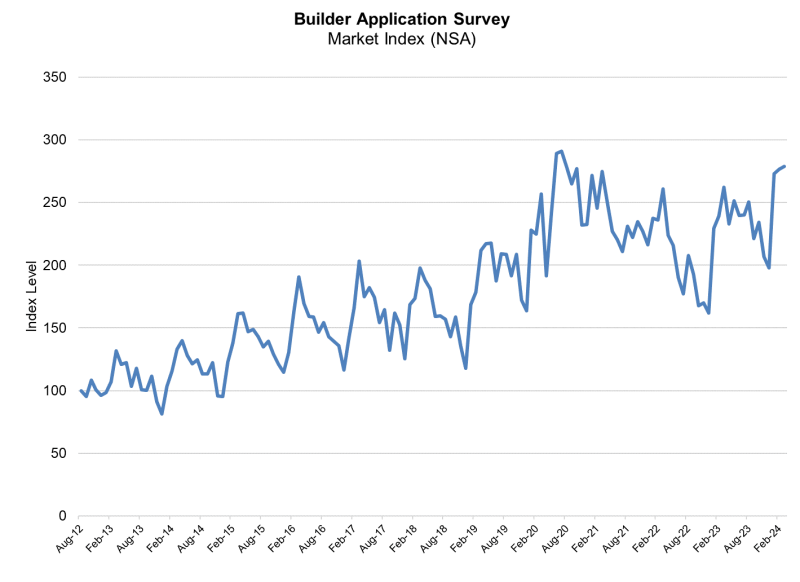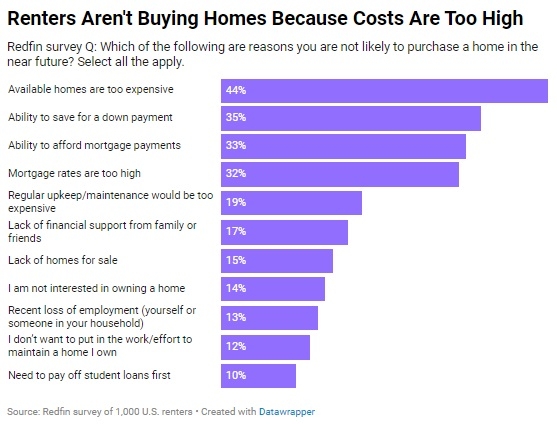Advertisement
NMP's Mortgage Professional of the Month: Andrew Peters, Chief Executive Officer of First Guaranty Mortgage Corporation
National Mortgage Professional Magazine is pleased to name Andrew Peters, chief executive officer of First Guaranty Mortgage Corporation (FGMC), as its Mortgage Professional of the Month for December, 2013. Beginning his career in the industry while still in college, Andrew has literally worked his way from sweeping the floors to the executive suite. We recently had a chance to speak with him and learn how his unique perspective has contributed to his firm’s amazing growth.
How did you first get introduced to the mortgage industry?
I’ve been in the mortgage industry my entire career. I am 36 now, and started at the age of 19 during the summers when I was home from college, working as a loan officer assistant. My two bosses back then are First Guaranty Mortgage’s chief operating officer and my chief revenue officer today. I worked my way up from answering telephones to processing to underwriting to sales management, and for the last two-and-a-half years as chief executive officer.
How does your experience in multiple areas of the industry impact your work today?
I started at the ground floor, and I think what I learned from my experiences starting from that point are invaluable. You get to see through everybody’s eyes that you work with on a daily basis. I’ve been a front-line underwriter. I’ve been on the document management side and post-closing. I’ve been on the sales side giving presentations, and even out trying to drive in business. Things that get lost in the industry when you have your daily blinders on are the stresses that each department experiences. When I have a meeting with somebody or sit down to chat with any department, they know I understand any issue they may present because I was once in their shoes.
Did you ever consider leaving the mortgage industry?
I never seriously thought about stepping out of the business. What has kept me in it through close to 20 years now is the people, first and foremost … the people who work for you and the pride of ownership of your job. At some point, once you’re into something for a certain amount of time, you have to make the decision of “This is going to be my career? Am I going to take ownership of it, and am I going to make the most of it?” I think it took me a few years, early on from around the ages of 19-21, where I wasn’t seeing the world so clearly. But somewhere around 24 or 25, I made a conscious decision that this is really what I want to do, what I am going to do and made a conscious effort to make it my career.
How did the boom and bust period impact your viewpoint on the industry?
The time period from 2002-2008 was an interesting one, and it was an amazing learning curve for me coming up in the industry. It’s that time period of my career where I saw something that affected the entire country’s economic stability … not just the mortgage industry. That really changes your perspective on the business and how you make decisions going forward.
What I love most about the mortgage business and what I did for the majority of my career is underwriting and underwriting management. That is really where I kind of molded my own ability-to-pay decision-making, how to view files—not just from a black-and-white matrix, but really looking at making a true ability-to-pay underwriting decision on a loan. I think what the industry has shown is that a lot of people have learned a great deal from the mistakes that were made.
What do you feel is the most under-utilized or rarely-used loan program?
I will mention two. Our DNA it is first-time homebuyer programs. We offer everything from Fannie Mae or Ginnie Mae, but our bread-and-butter today is really the programs that lend themselves to first-time homebuyers. Two products that I think have a stigma today because they are difficult and there’s a barrier to entry from an intellectual capital perspective—number one is the 203k program under FHA, and number two is manufactured housing.
For a first-time homebuyer to be able to buy a distressed property, roll the cost of renovations into the loan amount, not have to pay out-of-pocket for any of those expenses, get a prime-market interest rate, and be able to move into a fully rehabilitated home of their dreams with some equity and value built in that is phenomenal. They are always not easy, and you have a lot of moving parts, but if you put the right structure together you can make it very customer-centric. It’s a great program.
Second, during my entire career, First Guaranty Mortgage has been a huge proponents of manufactured housing. I think it’s that unsung hero in the housing market that provides ability to get housing for many in Middle America. Those are the two products that I think we do a good amount of that really underutilized today.
As an industry, do you feel there is great opportunity for a mortgage banker like FGMC to build retail, wholesale or correspondent channels over the next five years?
If you only have one hammer and one nail, then no matter what, you keep trying to hit that same nail harder and harder and harder. When the market changes or regulatory changes come or home values decrease or any number of things—a lot of mortgage bankers don’t know what else to do. They don’t have the ability to diversify. They don’t have different income streams. They just have one thing, and that’s typically retail.
For a mortgage banker, I think having multiple income streams is unbelievably important. As those things come down the pipeline, you can be nimble. You can focus on one. You can focus on more than one if necessary and can devote capital to more than one. For FGMC, we currently have seven or eight platforms, and platforms within those platforms. That’s how we always have been, and that’s how we will continue to be. Today, we have retail, and within retail, we have consumer direct and relationship retail with agents and builders. We have wholesale. We offer correspondent—delegated and non-delegated. We have capital markets where we do bulk trades, mini-bulk, mandatory AOTs, things like that. We will buy servicing rights. We have a warehouse lending platform. Staying diverse and making sure you have income coming in multiple arenas is definitely a recipe for success.
What concerns you the most about the current state of the industry and the future of the industry?
First are the industry’s regulatory changes. All you can do as a company is make sure that number one, from the top down, you are setting the tone for a culture of compliance. Number two is making sure that you are devoting the capital to technology to back it up and having the right senior leadership. That’s a compliance officer, probably an enterprise risk manager, and probably one or two outsourced partners—legal firms that can give you an opinions over and above what you currently have in your probably counsel’s office or with your compliance officer. I just look at the regulatory environment as—these are the rules of the game. We all play by the same rules, and it’s actually going to be an opportunity for those companies that do it the right way. Companies that are conducting business the right way will be able to eat up additional market share and growth. First Guaranty has devoted more capital in the last 12 to 18 months to compliance than we have to marketing.
When you look back at your career, what would you consider to be your greatest accomplishment?
I think the easy answer is taking over First Guaranteed two-and-a-half years ago as CEO. At that time, the company was doing $25 million a month. We are now doing $225 million a month. The company had a $5 million net worth. We have over a $50 million net worth. I think those are the things that I’m very proud that we’ve accomplished as a team. At the end of the day, I think what I’m most proud of is the team that we have built. We have 250 employees now, and every single one of those people is putting in 100 percent effort. Our senior leadership team that we built over the last two years is one of the best in the country I believe.
What's one thing that you would have done differently if you knew then what you know now?
Since I have been CEO, I think I would put a bit more focus on retail in the refi boom. We really ramped up our TPO correspondent lending division, and that was the majority of our focus in 2012. Maybe devoting a little bit more capital and time to the retail platform—and we’ve gotten there now—but it took us a little bit longer than we would have liked.
What are your goals for the firm over the next few years?
We really like the vision of a non-bank being able to play in all spaces and grow market share in all spaces. We feel like because some of the Basel III rules coming up that the large banks are going to continue to try and downsize their market share. We think there is a lot of opportunity for small- to mid-sized non-banks to eat up some of that market share. We are very bullish on aggregation of mortgage servicing rights (MSRs). We would like to grow ourselves into a large non-bank owner of MSRs. We would like to continue to diversify our origination strategies between TPO and retail. We have a goal of $3.5 billion for the 2014, and we would love to see our servicing book, which is now close to $4 billion, to be around the $10 billion mark by the end of 2014.
David J. Coster is senior editor of National Mortgage Professional Magazine. He may be reached by phone at (919) 559-2171 or e-mail [email protected].
About the author





